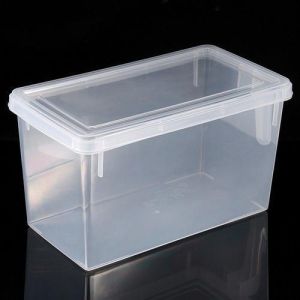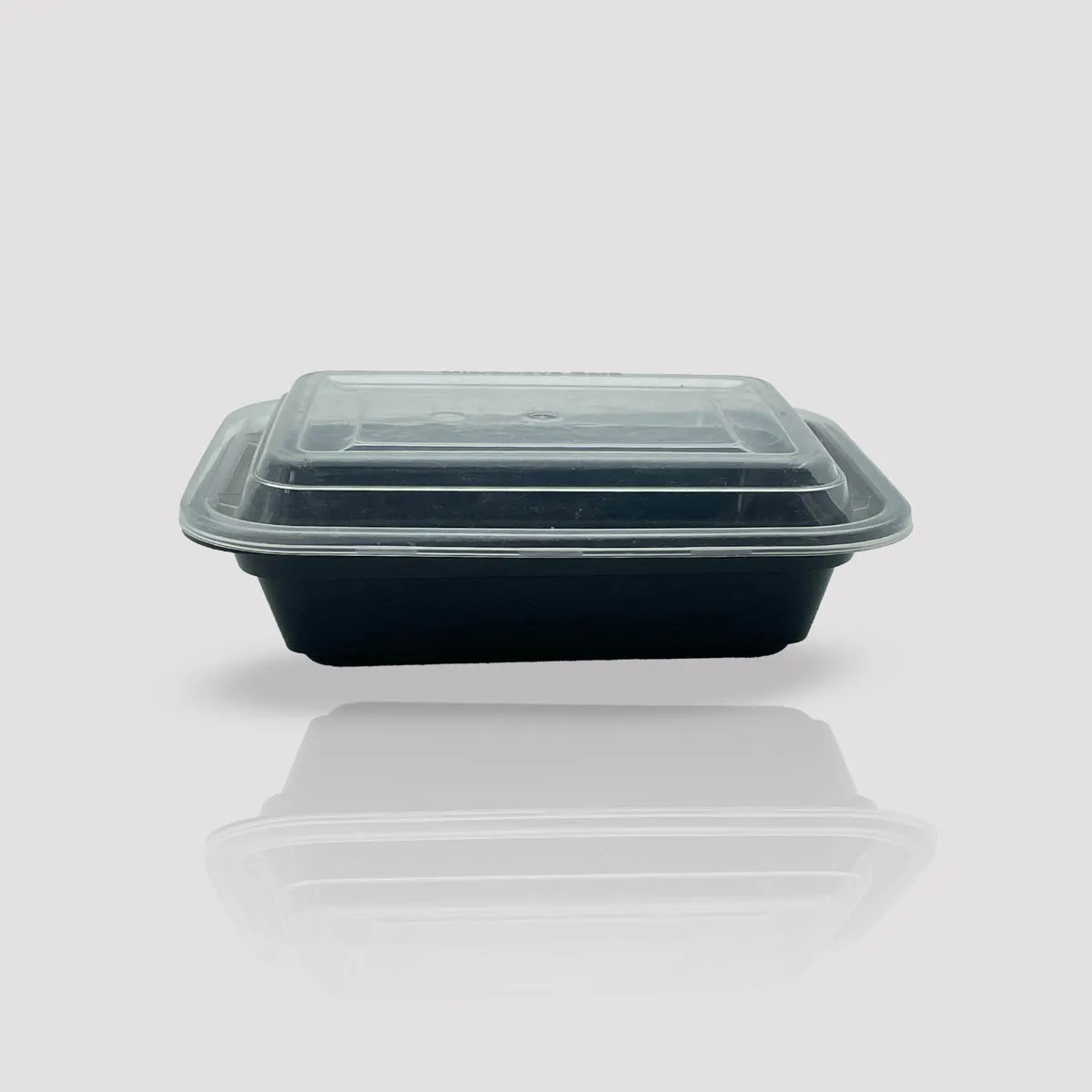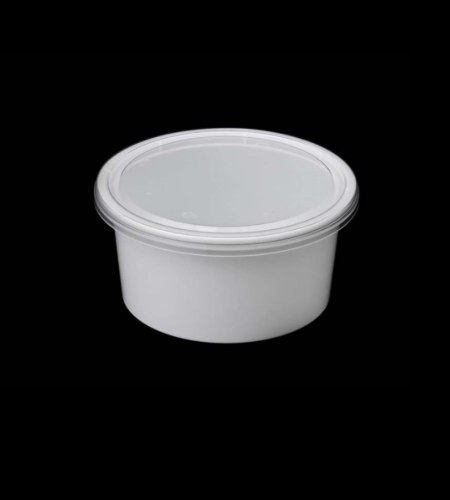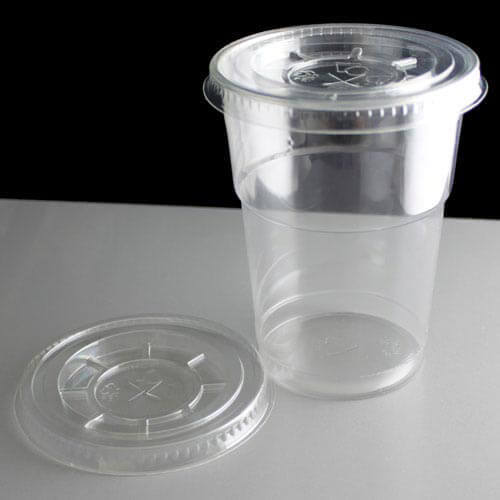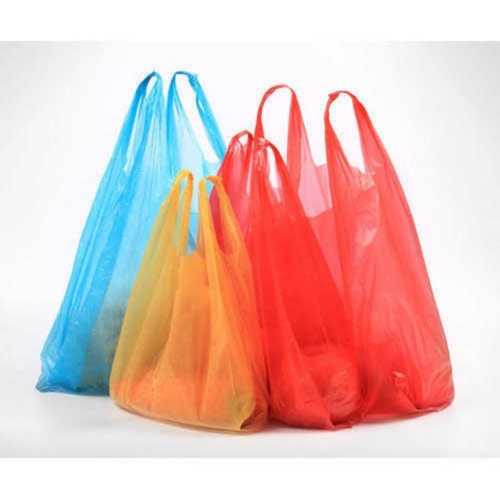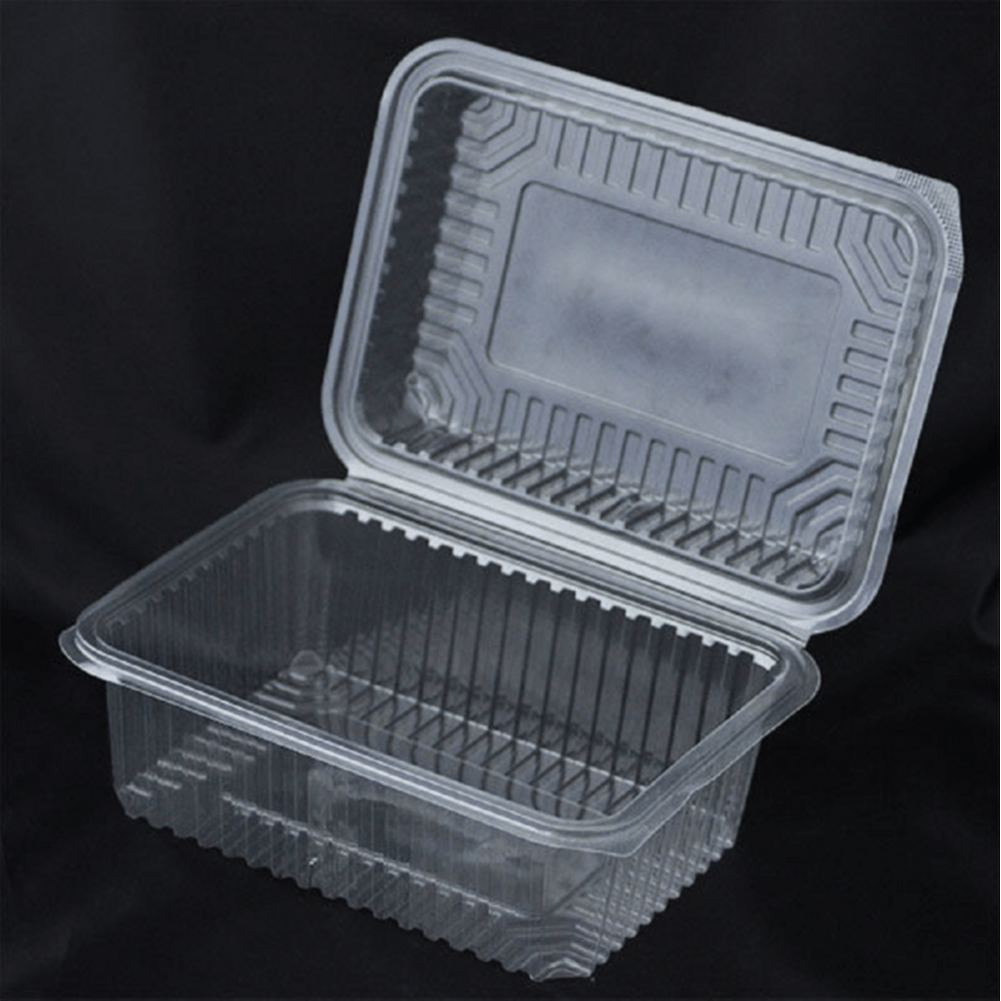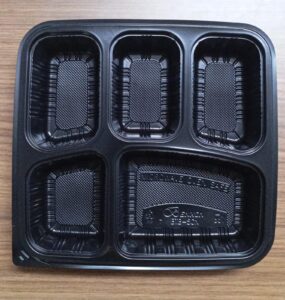How Bio-Degradable Packaging Is Revolutionizing Waste Management

In recent years, the packaging industry has undergone a transformative shift. Gone are the days when wasteful, single-use plastics ruled the shelves. In their place, a new eco-conscious alternative is taking center stage: bio-degradable packaging. As our planet grapples with growing environmental concerns, this sustainable innovation is changing the game—not just for industries but for communities, ecosystems, and future generations.
The Problem with Traditional Packaging
Traditional packaging, especially plastic-based materials, is one of the biggest contributors to environmental pollution. Globally, over 300 million tons of plastic are produced each year, and a significant portion of it ends up in landfills, oceans, and incineration plants. These materials take hundreds of years to decompose and often release toxic chemicals into the soil and water during the process. Moreover, plastic packaging is commonly used once and then discarded, exacerbating the waste management crisis faced by urban and rural areas alike. The result is a mounting problem that not only harms wildlife and marine ecosystems but also poses significant risks to human health.
Enter Bio-Degradable Packaging
Bio-degradable packaging offers a cleaner, greener alternative to conventional plastic packaging. Made from plant-based materials like corn starch, sugarcane fiber, or cassava, these packaging solutions naturally break down in the environment—often within months, not centuries. Unlike plastic, biodegradable materials decompose into non-toxic components such as carbon dioxide, water, and biomass under natural conditions. This means significantly reduced pollution, less landfill waste, and asmaller carbon footprint. With proper composting methods, the waste from bio-degradable packaging can even enrich the soil rather than harm it.
How It Works: The Science Behind the Sustainability
To understand how bio-degradable packaging works, it’s important to differentiate between two often-confused terms: bio-degradable and compostable. Bio-degradable packaging breaks down over time with the help of microorganisms such as bacteria and fungi. This process can happen in landfills or in natural environments like oceans or forests. Compostable packaging is a sub-category of bio-degradable materials that decomposes under specific conditions (like in a compost facility) and turns into nutrient-rich compost. The decomposition process depends on factors such as humidity, temperature, oxygen, and the composition of the material itself. Materials like PLA (polylactic acid) derived from corn starch can fully decompose in industrial composters in as little as 90 days.
Benefits of Bio-Degradable Packaging
The advantages of bio-degradable packaging extend beyond environmental conservation. Here are some of the most impactful benefits:
1. Reduces Plastic PollutionThe most obvious benefit is the significant reduction in plastic waste. Since bio-degradable packaging decomposes naturally, it avoids accumulating in landfills and oceans.
2. Minimizes Carbon FootprintThe production of bio-degradable materials often requires less energy and emits fewer greenhouse gases compared to traditional plastics.
3. Supports Circular EconomyBio-degradable packaging promotes a closed-loop system where waste is reused or returned safely to nature, supporting sustainability goals for both manufacturers and consumers.
4. Boosts Brand ImageBusinesses that adopt eco-friendly packaging solutions demonstrate environmental responsibility, which can enhance brand loyalty and attract conscious consumers.
5. Regulatory ComplianceWith many governments enforcing bans on single-use plastics, companies that switch to bio-degradable packaging stay ahead of regulations and avoid penalties.

Challenges Still to Overcome
While bio-degradable packaging is a promising solution, it’s not without its challenges: Cost: Producing bio-degradable materials is currently more expensive than traditional plastics, though prices are decreasing with increased demand. Infrastructure: Many regions lack the proper composting or recycling facilities to manage bio-degradable waste effectively. Consumer Awareness: Misconceptions about what is truly bio-degradable can lead to improper disposal and reduced effectiveness. Nevertheless, the industry is rapidly evolving, with research and innovation paving the way for more cost-effective and accessible solutions.
Innovations in Bio-Degradable Packaging
Recent innovations have pushed the boundaries of what bio-degradable packaging can do. Here are a few exciting developments: Edible Packaging: Made from seaweed or rice, these can be eaten or composted. Water-Soluble Films: Used in detergent pods and certain food wraps, these dissolve in water. Mushroom Packaging: Grown from fungi and agricultural waste, it’s fully compostable and durable. Banana Leaf Wrapping: An age-old practice being revisited for supermarket produce. These cutting-edge alternatives offer versatility, functionality, and an eco-friendly profile that appeals to modern businesses and eco-conscious consumers.
The Role of Businesses in Driving the Change
Businesses play a crucial role in making biodegradable packaging mainstream. From food delivery services to cosmetics brands, many sectors are embracing this shift. Brands that prioritize sustainability in their packaging can set themselves apart in crowded markets. In fact, 73% of millennials are willing to pay more for sustainable products. Partnering with reliable manufacturers and ensuring the packaging meets international environmental standards is key to long-term success. Consumer Action Matters Too The role of consumers cannot be understated. By actively choosing products with bio-degradable packaging, separating waste correctly, and composting where possible, consumers become part of the larger movement toward responsible waste management.
Educating the Next Generation
Schools, NGOs, and environmental groups are integrating education on sustainable packaging into their programs. By teaching children about bio-degradable materials and recycling practices, we can ensure that the next generation is better equipped to handle environmental challenges.
The Role of a Bio-Degradable Products Manufacturer in Singapore
As demand for eco-conscious solutions increases, partnering with a reliable Bio-Degradable Products Manufacturer in Singapore is critical for businesses seeking to reduce their environmental impact. A good manufacturer ensures quality, adherence to composting standards, and scalability to meet the growing needs of diverse industries.
Why Green Packs Is Leading the Way in Eco-Packaging
Green Packs, a trusted name in the packaging industry, has emerged as a preferred Bio-Degradable Products Manufacturer in Singapore. Known for their commitment to sustainability and innovation, Green Packs provides a wide range of eco-friendly packaging solutions suitable for food, retail, healthcare, and more. With a focus on reducing plastic dependence and promoting environmental health, they help businesses transition seamlessly to green alternatives.
Making a Global Impact from Singapore
Green Packs, through its dedication and eco-centric practices, is helping reshape the global waste management landscape starting right here in Singapore. Their range of bio-degradable products doesn’t just meet current regulatory standards but sets a new benchmark for what responsible packaging should look like. As a leading Bio-Degradable Products Manufacturer in Singapore, Green Packs empowers companies to join the fight against pollution and waste.
The Future Is Green, and It Starts with Packaging:
In the face of growing environmental challenges, every step toward sustainability matters. Bio-degradable packaging is more than just a trend—it is a necessity. By replacing conventional plastic with eco-friendly alternatives, we’re not only reducing pollution but also reimagining how businesses interact with the planet. As consumer demand, government regulations, and corporate responsibility converge, there’s never been a better time to make the switch. And with pioneers like Green Packs, a top Bio-Degradable Products Manufacturer in Singapore, leading the charge, the road to a cleaner, greener future is within reach.

































